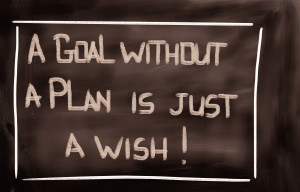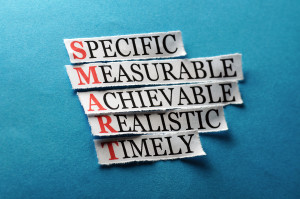Last year at this time I wrote about my 30 day challenges and how they have impacted my life. I got the idea while reading of the Compound Effect by Darren Hardy. Since its writing, the 30 Day Challenge post has been one of my most frequently visited posts. People really resonate with the idea of short 30 day goals. You can read that original post here. With so much popularity and interest, I thought I would look back on topic and see what I have learned – The 30 Day Challenge Revisited.
The biggest lesson learned is that personal confidence, built through the challenges, is the most important reason to do them. It is also true that we control our own destinies and have a lot more power over those negative little voices in our heads than we may realize. In the past 3 years I have participated in many…many 30 day challenges. And each challenge positively impacts my life.
I find that my commitment to my 30 day challenge is stronger than my commitment to my other goals and objectives. Here are 5 reasons why that is the case:
- Short term goals focus your mind- when your mind understands that there is a time limit it concentrates and keeps the thought (challenge) at the forefront. It doesn’t allow the idea to slip into the subconscious or be forgotten.
- Clarity- 30 day challenges are clearly determined goals over a short period of time. The clearly defined nature makes them simple for your mind to understand. You know exactly what you need to do and how you need to do it to be successful. There is no confusion about what to do next.
- Simple- while not always easy, my 30 day challenges are simple. They do not require a lot of strategic planning and brainstorming. I simply agree to do (or not to do) something every day for 30 days. It is clear if I did (or did not) do what I agreed that day.
- The power of the chain- 30 day challenges invoke the mental power of the chain. Once you get a couple of days under your belt, a few checkmarks on the calendar, you do not want to break the chain and have to start all the way over. This is one of the strongest features of the challenge. By day 20, the chain of days is so long you couldn’t imagine breaking it which creates momentum that will carry you through the remaining time.
- A definite stopping date- When you have an end date in sight you can find that extra willpower to fight to the end. Having a defined objective gives you confidence that you can be successful.
It only takes 3 weeks to form a habit, and by the end of your 30 days challenge you will have intentionally built a habit that will propel you to success. I cannot overstate the value I have found in the 30 Day Challenge.
Question: Let’s take on a challenge together- what are you working on? Leave your comment below and then commit to making it 30 days. How would it change your life? Leave your comments below or by clicking here









